vision
Building a bridge between Africa and Russia in the field of education and exchange.
Mission
To facilitate transparent enrolment and travel of African students to the Russian educational institutions. We accompany African students in the scholarship and contract-based application process by:
- Pre-application consultation.
- Collection and submission of application documents to the selected educational institution.
- Monitoring the progress at the institution.
- Translation into Russian language, all required documents by the education institutions.
- Assistance in the provision of invitation letters for visa application.
- Pick up from the airport and transfer to the required university.
- Assistance in orientation, adaptation and integration in the student community and Russia in general.







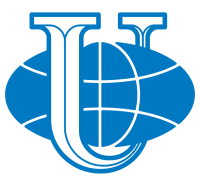










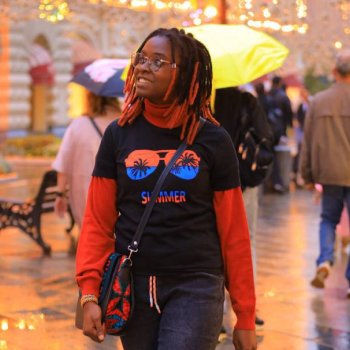
.png)
.png)
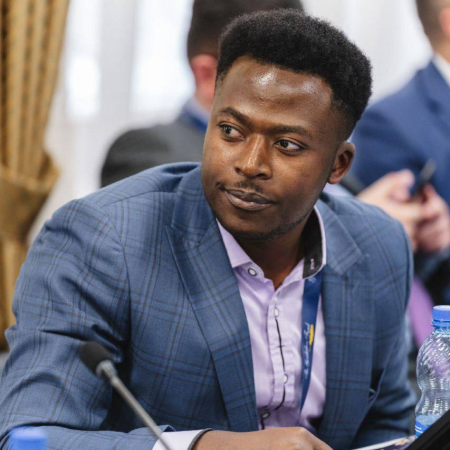


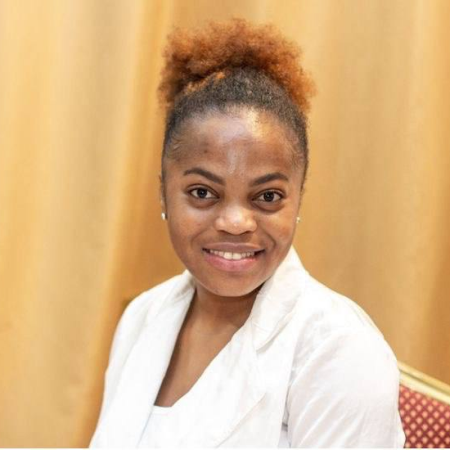
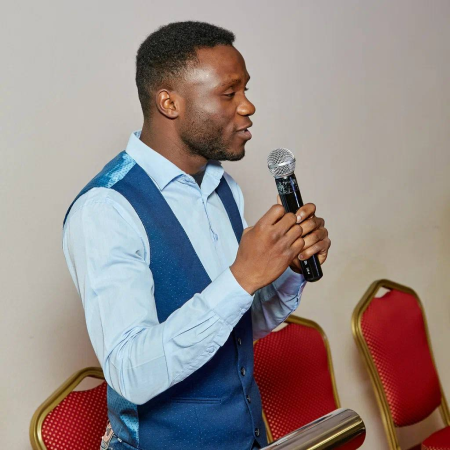
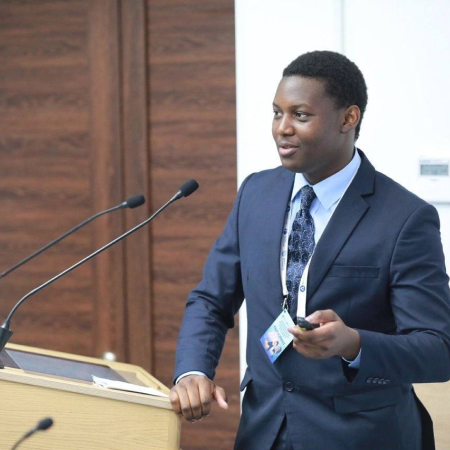
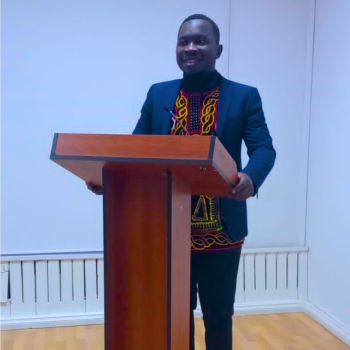


201.png)